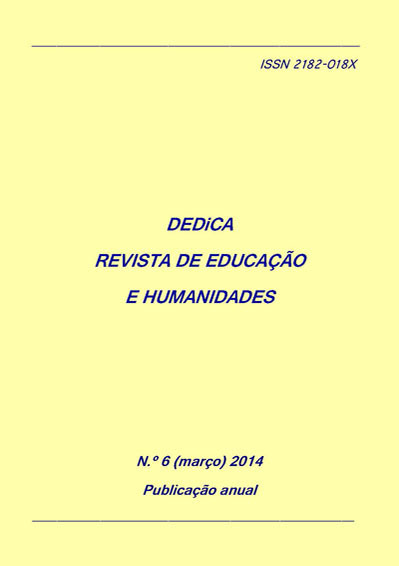“Quizás, quizás, quizás”. Translators’ dilemmas and solutions when translating spanish songs into english
DOI:
https://doi.org/10.30827/dreh.v0i6.6968Palavras-chave:
songs, Spanish-English translationResumo
Rendering songs into another language poses numerous difficulties for translators. Songs may be considered as poems set to music, and in translating them, these professionals confront not only routine translation problems such as expressing the meaning, ambience and style of the original work, but they also have to attend to other requisites such as creating a new version of the song within the restrictions of rhythm and rhyme. In this article, I examine songs from Spanish literature and from Spanish and South American popular music, and explore translators’ ways of converting the original texts into English. We shall see that sometimes they have captured meaning by translating virtually word for word, while on other occasions translated songs manage to encapsulate only the general sense and atmosphere of the original Spanish song. In some cases, sounds from the original have acted as a catalyst for the topic of a new song, while in others the song’s main topic has been discarded altogether. As a result of these perhaps inevitable adjustments and shifts in topic and atmosphere there will nearly always be some kind of ‘loss’ in the translation of songs, but on rare occasions their rendition into English almost seems to ‘improve’ on the Spanish version. I will outline Low’s (Low, 2005) “Pentathlon Principle” which offers five criteria for assessing song translation, and examine specific translations from this persective. Song examined are María Josefa’s song “Ovejita, niño mío” from Federico García Lorca’s “La Casa de Barnada Alba”, Luis Aguilé’s “Cuando salí de Cuba”, Agustín Lara’s “Granada”, and Osvaldo Farrés’s “Quizás, quizás, quizás.”
Downloads
Referências
Emmons, S.; Sonntag. S (1979). The Art of Song Recital. New York: Schirmer.
García Lorca, F. (1936). La Casa de Barnarda Alba. Barcelona: Edición Planeta deAgostini (2004).
García Lorca, F. (1957). Obras Completas. (Recopilación y Notas de A. del Hoyo). Madrid: Aguilar.
García Lorca, F. (1992). Three Plays (Translated by M. Dewell; C. Zapata). London: Penguin Books.
García Lorca, F. (1994). Three Plays: Mariana Pineda · The Public · Play without a title (Translated by G. Edwards; H. Livings). London: Methuen World Classics.
Gorlée, D. L. (2002). Greig’s swan songs. Semiotica, 142 (2002) 1/4, 153-210.
Low, P. (2005). The Pentathlon approach to translating songs. In D. L. Gorlée (Ed.), Song and Significance. Virtues and Vices of Vocal Translation, 185-212. Amsterdam - New York: Editions Rodopi.












